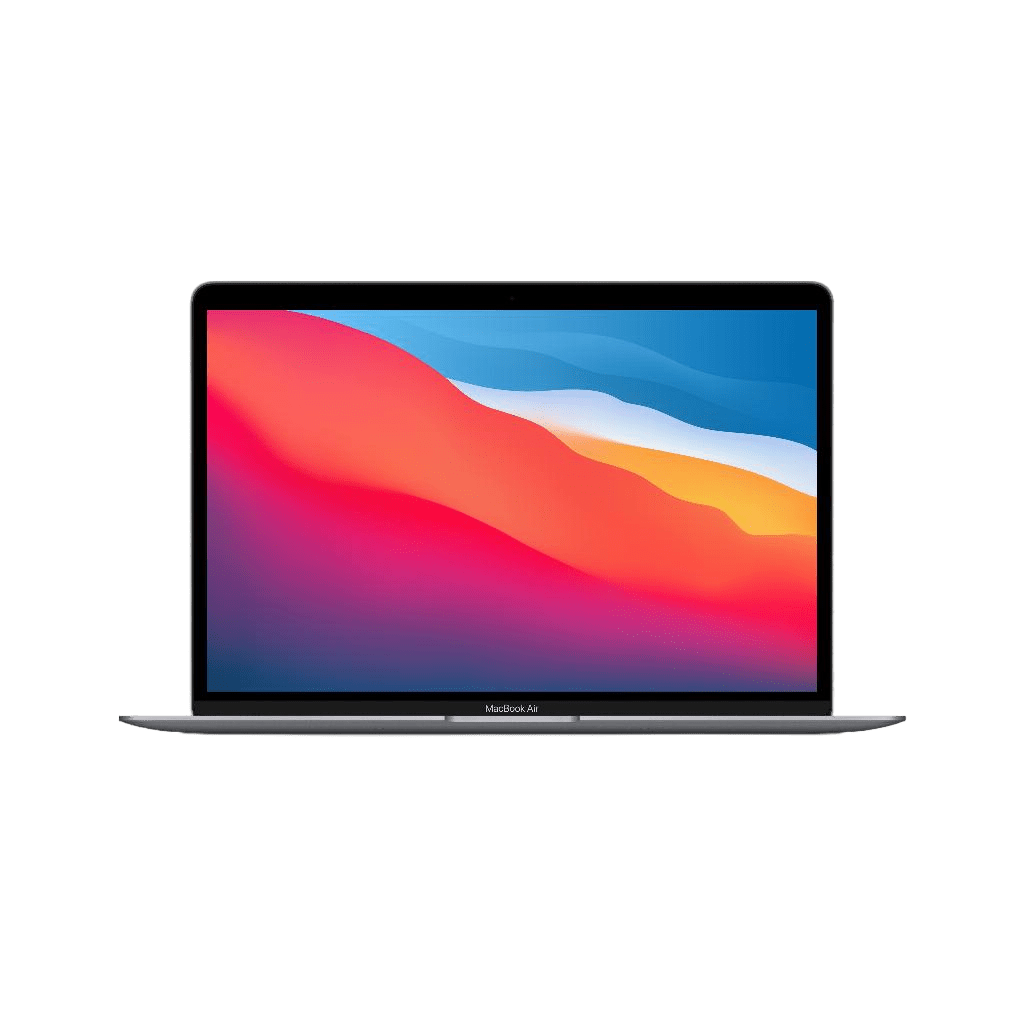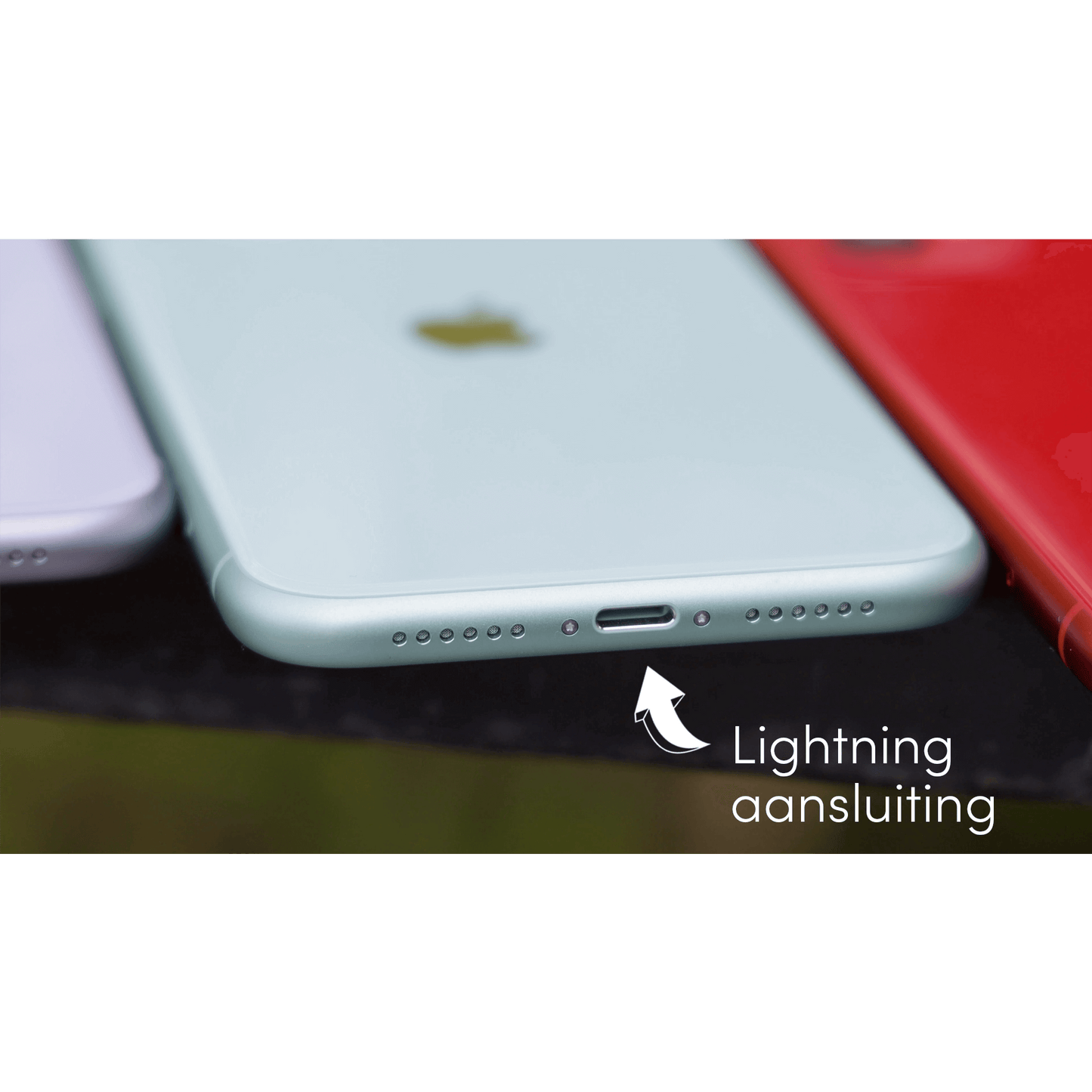August 22, 2020 was Earth Overshoot Day (EOD): the day on which humanity has used up all the natural resources that the Earth can produce in 2020. From this day on, we are in the red with our planet and the rest of the year we live off its reserves. The only bright spot: the day came later than in previous years.
What happened in 2020 regarding EOD ?
The year 2020 should have been a super year for nature. Important negotiations were planned, in which new climate agreements would be adopted. But 2020 brought another challenge: COVID-19. Although the corona pandemic brought many problems and uncertainty, there was also an upside . Every year, the date of EOD falls a little earlier, but this year was an exception. The main reasons for this are the reduced greenhouse gas emissions due to the lockdowns and a slowdown in deforestation.
When was EOD in previous years?
To find the last time we were able to live within the boundaries of the Earth, we have to go back to the 1970s. In 1970, EOD did not fall until December 29th (!). In the past 50 years, we have been asking more and more of our planet, because now this important date falls in the middle of the year. Just to compare: EOD fell on August 6th in 2015, on August 8th in 2016, on August 2nd in 2017, on August 1st in 2018 and last year EOD fell on July 29th. You see: a few days earlier every year. Until this year. EOD now fell almost a month later than last year. And although we still have a long way to go back to the situation in 1970, that is a big step forward.
What is being done to push EOD back?
Several governments are ‘greening’ their COVID-19 recovery packages by promoting nature- and climate-friendly solutions and implementing strict nature policies. In Europe, the ‘Next Generation EU’ recovery plan will spend 30% of its total €750 billion budget on green initiatives. The ‘Farm to Fork’ initiative will contribute another €20 billion per year to the development of a healthy and environmentally friendly food system. Outside Europe, too, governments are releasing large budgets for initiatives such as afforestation and sustainable investments.
Many companies are also paving the way for transformation. Despite the current pandemic, leading companies are pushing nature higher on their agendas, advocating and acting to reverse nature loss. Business for Nature currently has 400 companies that have made ambitious commitments and more than 1,200 companies with concrete actions on nature and the environment.
What can you do as an individual consumer?
The past does not determine our future. Our current choices do. By making sensible decisions, we can reverse the consumption of natural resources and thus leave EOD. #MovetheDate is therefore a major trend that you as a consumer can participate in. Do you want to become more sustainable and do your bit? We have listed a number of initiatives for you!
- Waste less food: Don't buy and prepare too much. And if you do have some left over, give it to people who can use it
- Eat more natural products. Are you a real meat lover? Then go for organic meat more often!
- Give nature a helping hand by planting trees or creating a vegetable garden
- Take the bike or public transport more often. Want to go one step further? Buy an electric car.
- Think carefully about every purchase: Buy sustainable products or go for second-hand or refurbished instead of brand new. Because did you know that with a refurbished iPhone you save an average of 27 kg of CO2 emissions? And with a refurbished MacBook quickly 170-200 kg!
Are you in? Share your steps on social media using #MovetheDate and inspire others.
August 22, 2020 was Earth Overshoot Day (EOD): the day on which humanity has used up all the natural resources that the Earth can produce in 2020. From this day on, we are in the red with our planet and the rest of the year we live off its reserves. The only bright spot: the day came later than in previous years.
What happened in 2020 regarding EOD ?
The year 2020 should have been a super year for nature. Important negotiations were planned, in which new climate agreements would be adopted. But 2020 brought another challenge: COVID-19. Although the corona pandemic brought many problems and uncertainty, there was also an upside . Every year, the date of EOD falls a little earlier, but this year was an exception. The main reasons for this are the reduced greenhouse gas emissions due to the lockdowns and a slowdown in deforestation.
When was EOD in previous years?
To find the last time we were able to live within the boundaries of the Earth, we have to go back to the 1970s. In 1970, EOD did not fall until December 29th (!). In the past 50 years, we have been asking more and more of our planet, because now this important date falls in the middle of the year. Just to compare: EOD fell on August 6th in 2015, on August 8th in 2016, on August 2nd in 2017, on August 1st in 2018 and last year EOD fell on July 29th. You see: a few days earlier every year. Until this year. EOD now fell almost a month later than last year. And although we still have a long way to go back to the situation in 1970, that is a big step forward.
What is being done to push EOD back?
Several governments are greening their COVID-19 recovery packages by promoting nature- and climate-friendly solutions and implementing strict nature policies. In Europe, the Next Generation EU recovery plan will spend 30% of its total €750 billion budget on green initiatives. The Farm to Fork initiative will contribute another €20 billion per year to the development of a healthy and environmentally friendly food system. Outside Europe, too, governments are freeing up large budgets for initiatives such as afforestation and sustainable investments.
Many companies are also paving the way for transformation. Despite the current pandemic, leading companies are pushing nature higher on their agendas and advocating for action to reverse nature loss. Business for Nature currently has 400 companies that have made ambitious commitments and more than 1,200 companies with concrete actions on nature and the environment.
What can you do as an individual consumer?
The past does not determine our future. Our current choices do. By making sensible decisions, we can reverse the consumption of natural resources and thus leave EOD. #MovetheDate is therefore a major trend that you as a consumer can participate in. Do you want to become more sustainable and do your bit? We have listed a number of initiatives for you!
- Waste less food: Don't buy and prepare too much. And if you do have some left over, give it to people who can use it
- Eat more natural products. Are you a real meat lover? Then go for organic meat more often!
- Give nature a helping hand by planting trees or creating a vegetable garden
- Take the bike or public transport more often. Want to go one step further? Buy an electric car.
- Think carefully about every purchase: Buy sustainable products, go for second-hand or refurbished instead of brand new. Because did you know that with a refurbished iPhone you save an average of 27 kg of CO2 emissions? And with a refurbished MacBook quickly 170-200 kg!
Are you in? Share your steps on social media using #MovetheDate and inspire others.

























































